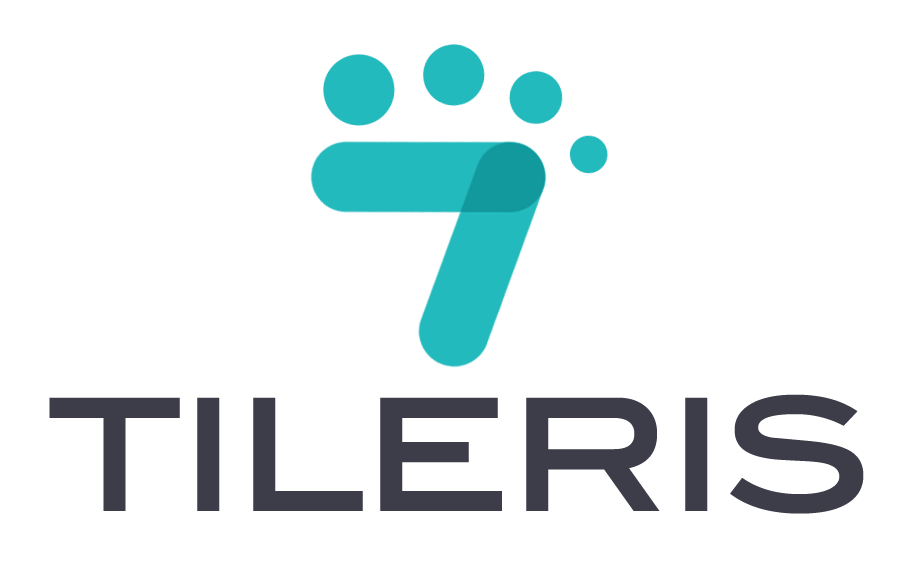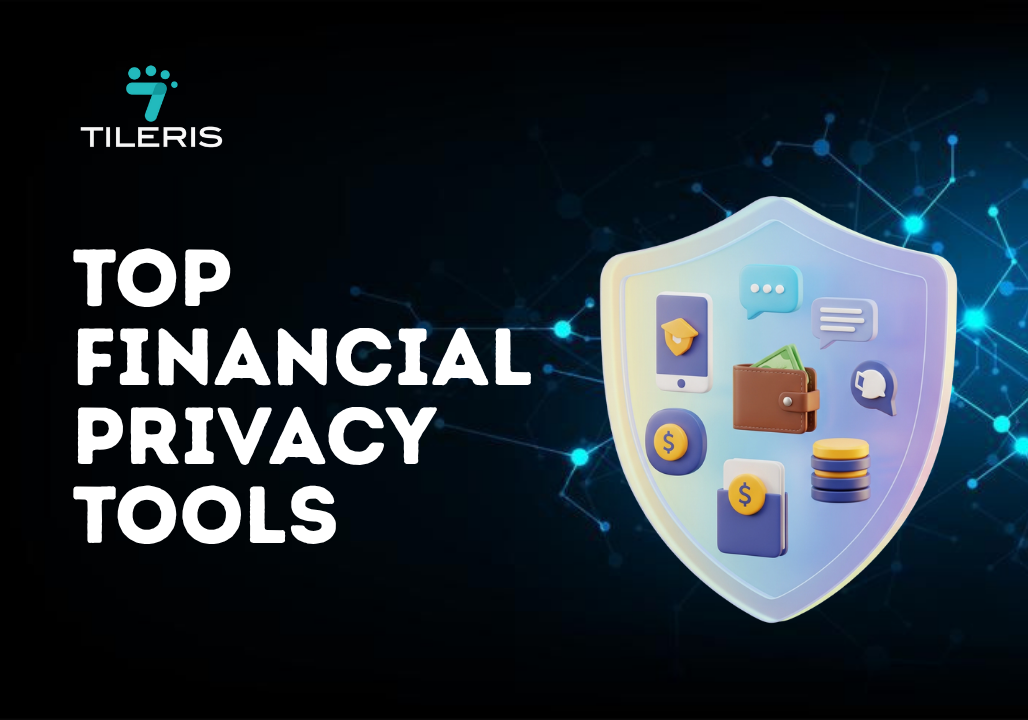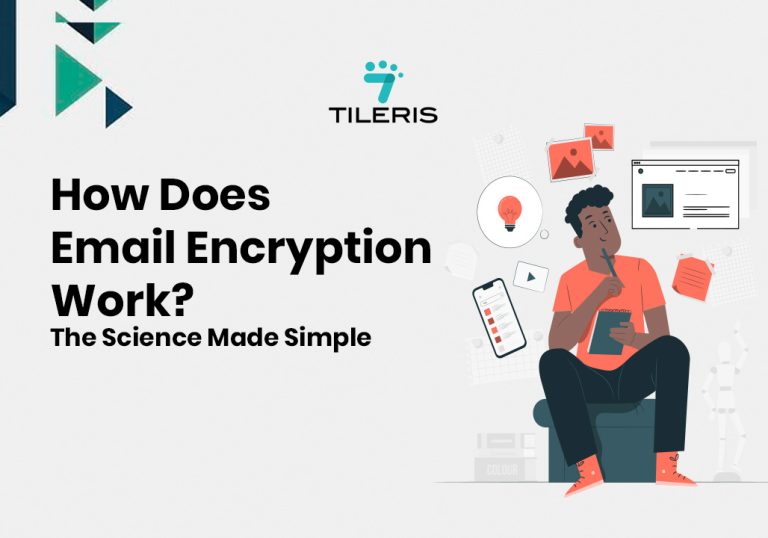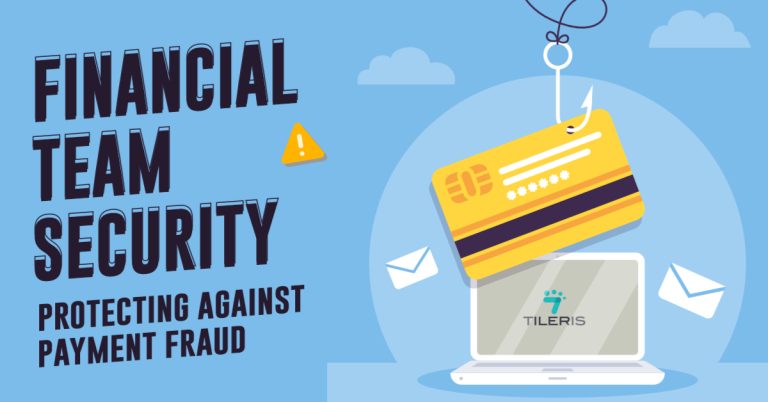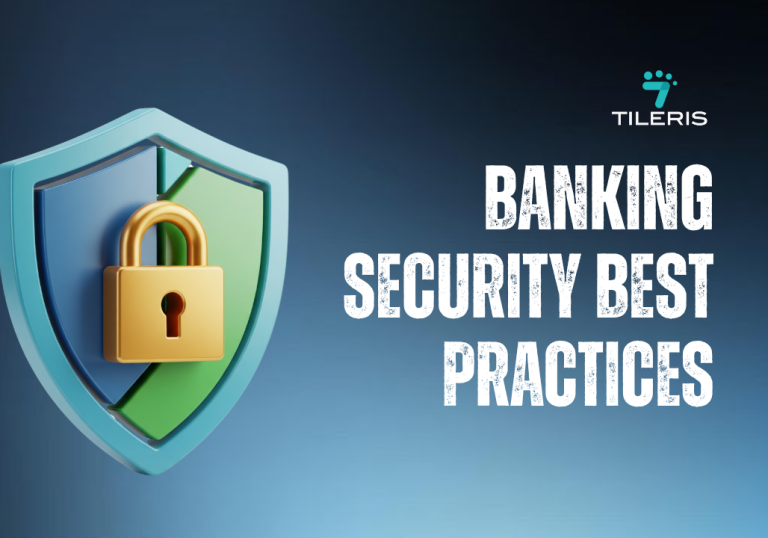Top Financial Privacy Tools
Introduction
We live in a time where every click, every purchase, and every financial transaction leaves a digital footprint, the concept of privacy has evolved from a quiet expectation to an urgent necessity. We all navigate a complex web of online services, from banking apps to e-commerce sites, often without fully grasping the extent to which our financial data is collected, analyzed, and shared.
This isn’t just about avoiding targeted ads; it’s about safeguarding your security, your autonomy, and ultimately, your peace of mind. That’s where financial privacy tools come into play. They are your digital shields, designed to protect your sensitive information from prying eyes and malicious actors.
If you’ve ever felt a shiver down your spine after seeing an ad for something you only thought about buying, or perhaps discussed with a friend. That’s data in action, and while some of it might seem harmless, the aggregation of your financial habits can paint an incredibly detailed picture of your life, a picture that could be exploited.
In fact, reports indicate a significant rise in data breaches affecting financial information. According to a recent analysis, nearly 1.8 billion records were exposed in data breaches during 2023 alone, with financial services being a prime target. This isn’t just a corporate problem; it’s a personal vulnerability. The demand for robust financial privacy tools has never been higher, as individuals increasingly recognize the need to reclaim control over their digital identities and financial lives.
Why Your Financial Privacy Matters More Than Ever
Before we dive into the specific financial privacy tools that can empower you, let’s take a moment to truly appreciate why this matters. It’s not just about keeping secrets; it’s about self-preservation in the digital wild west.
Your financial data is a goldmine for fraudsters, identity thieves, and even companies looking to manipulate your spending habits. If someone gains access to your banking details, credit card numbers, or investment portfolios, the consequences can be catastrophic. We’re talking about drained accounts, ruined credit scores, and years of battling to reclaim your identity.
The greatest threat to financial privacy isn’t always a direct hack; it’s the insidious collection and aggregation of seemingly innocuous data points that, when combined, create a chillingly accurate profile of your economic life.
Without adequate financial privacy tools, individuals are effectively offering up their financial lives on a silver platter. This comprehensive view of your financial behavior can be used for everything from discriminatory lending practices to sophisticated phishing scams tailored specifically to your habits. It’s a silent erosion of your autonomy, making the adoption of effective financial privacy tools not just a recommendation, but a critical imperative.
Moreover, the sheer volume of data being collected and processed is staggering. With the advent of Open Banking and API-driven financial services, your data is flowing between more entities than ever before. While this can offer convenience, it also amplifies the risk.
Each new connection, each new third-party service, represents another potential vulnerability. Therefore, actively choosing and implementing financial privacy tools is no longer a niche concern for the tech-savvy; it’s a fundamental aspect of modern digital citizenship.
Essential Financial Privacy Tools
So, what can you actually do? How do you arm yourself in this digital battle for your financial life? The good news is, a diverse range of financial privacy tools exists, each designed to address different facets of your digital footprint. Think of it as building a layered defense system.
1. Virtual Private Networks (VPNs)
Imagine browsing the internet, checking your bank balance, or making an online purchase. Without a VPN, it’s like shouting your activity across a crowded room. Your internet service provider (ISP) can see what you’re doing, and potentially, so can others. This is where VPNs step in as fundamental financial privacy tools.
A VPN encrypts your internet connection, creating a secure tunnel between your device and the internet. This means your data is scrambled, unreadable to anyone trying to intercept it, including your ISP, potential hackers on public Wi-Fi, or even data snoopers.
When you connect to a VPN server, your true IP address (your internet address) is masked, replaced by the VPN server’s IP address. This makes it incredibly difficult for websites and online services to track your location or build a profile based on your Browse habits. For example, if you’re traveling and need to access your online banking from a coffee shop’s public Wi-Fi, a VPN is non-negotiable.
It prevents malicious actors from intercepting your login credentials or transaction details. Companies like Proton VPN, NordVPN, and ExpressVPN are widely respected for their strong encryption, no-logs policies (meaning they don’t store your activity data), and robust server networks. These are essential financial privacy tools for anyone operating online.
2. Privacy-Focused Browsers and Search Engines
Your web browser is often the gateway to your financial world, and many popular browsers are designed to collect data about your online activities. Similarly, default search engines track your queries to deliver personalized ads. This might seem minor, but it contributes to that detailed profile we discussed earlier. This is where specialized financial privacy tools in the form of browsers and search engines become critical.
Brave Browser, for instance, automatically blocks ads and trackers by default, dramatically reducing the amount of data collected about your Browse behavior. It even offers an integrated VPN-like service for enhanced privacy.
DuckDuckGo, on the other hand, is a search engine that prides itself on not tracking your searches or personal information. It offers a cleaner, more private search experience.
For those seeking the highest level of anonymity, the Tor Browser routes your internet traffic through a global network of relays, making it extremely difficult to trace your online activity back to you. While Tor can be slower due to its multi-layered encryption, it’s an invaluable tool for truly sensitive online interactions.
3. Password Managers and Authentication Tools
You wouldn’t leave your physical wallet lying around with all your cash and cards, would you? Yet, many people use weak, easily guessable passwords or, worse, reuse the same password across multiple financial accounts. This is a gaping hole in your financial privacy. If one of your online accounts is breached, and you’ve reused the password, all your other accounts are immediately vulnerable. This is where robust financial privacy tools like password managers come to your rescue.
A password manager, such as Bitwarden, LastPass, or Dashlane, securely stores all your complex, unique passwords in an encrypted vault. You only need to remember one master password to access the vault.
These tools also generate strong, random passwords for new accounts, eliminating the need for you to come up with them. Using a strong, unique password for every financial account is the simplest yet most impactful step you can take to protect your data. A password manager is not just convenient; it’s an indispensable component of modern financial privacy tools.
Beyond passwords, Multi-Factor Authentication (MFA) is another non-negotiable layer of security. This requires you to provide two or more verification factors to gain access to an account. It could be something you know (your password), something you have (a code from your phone or a hardware key), or something you are (a fingerprint or facial scan).
Even if a hacker somehow gets your password, they can’t access your account without that second factor. Most banks and financial services now offer MFA, and enabling it is one of the most effective financial privacy tools at your disposal.
4. Virtual Cards and Privacy Coins
Sometimes, you want to make a transaction without revealing your primary financial details. This is where specialized financial privacy tools designed for anonymity come into play.
- Virtual Credit Cards / Disposable Credit Cards: Services like Privacy.com or features offered by some banks allow you to generate temporary, single-use credit card numbers. These virtual cards are linked to your actual bank account but mask your true card details from online merchants. If a merchant experiences a data breach, your real credit card number remains safe. This is a fantastic way to limit exposure and is becoming a popular choice among users seeking effective financial privacy tools.
- Privacy Coins (Cryptocurrencies): For those comfortable with the world of cryptocurrency, privacy coins offer a higher degree of transactional anonymity compared to traditional financial systems or even mainstream cryptocurrencies like Bitcoin, which have publicly viewable transaction ledgers. Monero (XMR) and Zcash (ZEC) are prime examples.
They use advanced cryptographic techniques to obscure transaction details, including sender, recipient, and the amount transferred. This makes it extremely difficult to trace the flow of funds. However, it’s crucial to understand that the regulatory landscape for privacy coins is still evolving, and they may not be suitable for all users or situations. Nevertheless, they represent powerful financial privacy tools for those who prioritize absolute transactional privacy.
5. Data Broker Removal Services
You might be diligently protecting your financial data, but what about the information that’s already out there? Data brokers are companies that collect and sell your personal information, often without your explicit knowledge or consent.
This data can include everything from your address and phone number to your estimated income and spending habits. This aggregated data can then be used by scammers or for highly targeted and often unwanted marketing.
Financial privacy tools are emerging to help you fight back. Services like Privacy Bee or DeleteMe specialize in contacting these data brokers on your behalf and requesting that your information be removed from their databases. While it’s an ongoing battle, as new data appears, these services provide a crucial layer of defense by actively reducing your digital footprint where you might least expect it.
Building a Privacy-First Mindset
While these financial privacy tools are incredibly powerful, they are only as effective as the person using them. A significant aspect of financial privacy isn’t just about the technology; it’s about cultivating a privacy-first mindset. This means being vigilant, asking questions, and understanding the risks.
- Read Privacy Policies (Yes, Really!): We all skip them, but taking even a few minutes to skim the privacy policy of a financial service or app can reveal how your data is being used. If it’s unclear or overly broad, reconsider using that service.
- Be Skeptical of Unsolicited Communications: Phishing attempts often target financial information. Be careful of emails, texts, or calls asking for sensitive details, even if they appear to be from your bank. Always verify independently using official contact information.
- Regularly Review Your Financial Statements and Credit Reports: This isn’t strictly a privacy tool, but it’s a crucial practice. Regularly checking your bank statements for unauthorized transactions and your credit report for suspicious activity can be your early warning system against financial fraud, often stemming from compromised privacy.
- Keep Software Updated: Whether it’s your operating system, browser, or banking app, ensure all your software is up-to-date. Software updates often include critical security patches that protect against newly discovered vulnerabilities that could compromise your financial data.
The evolution of financial privacy tools goes hand-in-hand with the increasing sophistication of threats. As we move further into 2025 and beyond, we can expect to see further advancements in AI-powered threat detection, more seamless integration of privacy features into everyday applications, and perhaps even a greater emphasis on decentralized identity solutions that give individuals more granular control over their personal data.
The push for stronger global privacy laws will also continue to shape the landscape, pushing financial institutions to adopt more robust financial privacy tools and practices.
The Journey to Financial Privacy is A Continuous Process
Achieving comprehensive financial privacy isn’t a one-time setup; it’s an ongoing journey. What works today might need adjustment tomorrow. However, by actively engaging with and consistently utilizing the array of financial privacy tools available, you empower yourself. You transform from a passive data point into an active guardian of your financial life.
Remember, your financial information is incredibly valuable, not just to you, but to countless entities eager to access it. Taking proactive steps to protect it is an act of self-care.
Embrace these financial privacy tools, cultivate a vigilant mindset, and enjoy the peace of mind that comes from knowing you’re doing everything you can to keep your money, and your identity, safe and sound. The future of your financial well-being truly depends on it.
Conclusion
Financial freedom and financial privacy go hand in hand. You can’t fully control your finances if you don’t control who sees them, where they go, and how they’re used. That’s the real value of financial privacy tools, they put you back in the driver’s seat.
These tools are more accessible than ever. You don’t have to use them all. But start with one. Then add another. And pretty soon, your financial life will feel a lot more like yours again.
Take Control of Your Financial Privacy?
Download your free Financial Privacy Toolkit today! It’s packed with simple, actionable steps and must-have tools to help you stay secure, anonymous, and in control of your financial life.
Need help deciding where to start? Request a free consultation with a Tileris security specialist. We’ll walk you through your options and help you build a privacy-first strategy that fits your unique needs.
Curious how Tileris AI can make financial security even easier? Ask for a live demo of our intelligent security agents. See how AI-driven protection adapts in real time to keep your financial data safe, just send us a message through our contact form, and we’ll take it from there.
